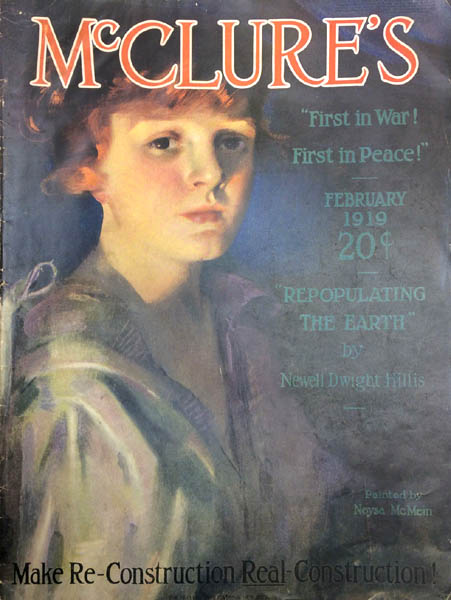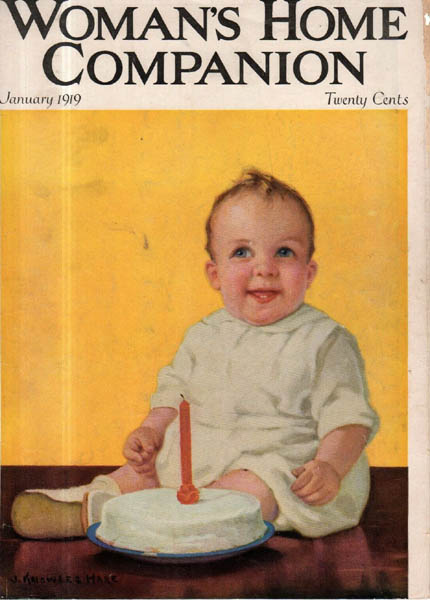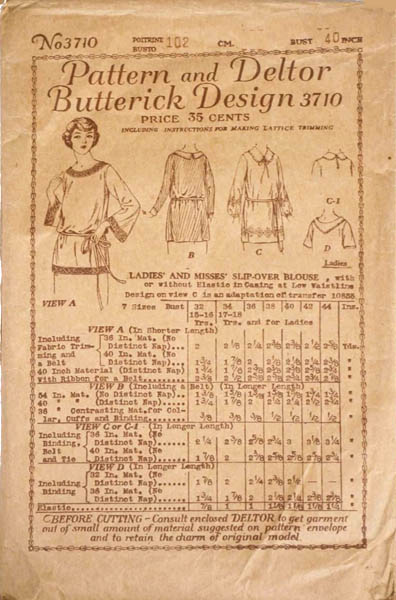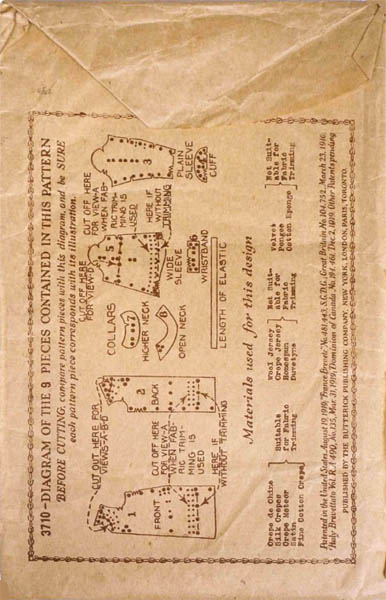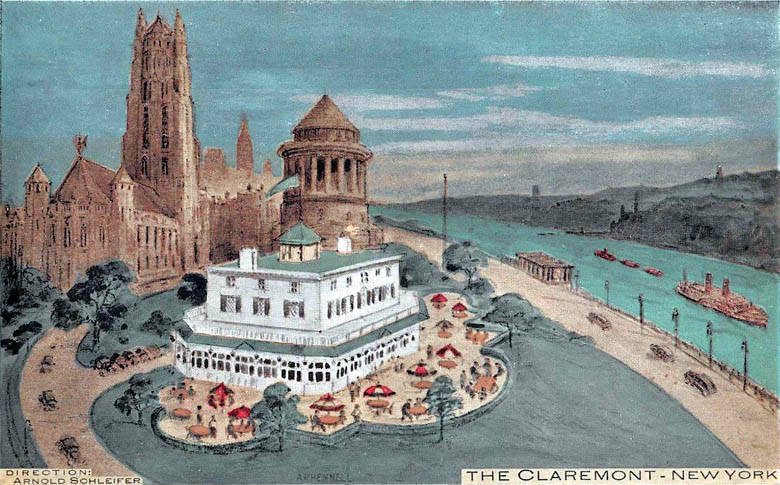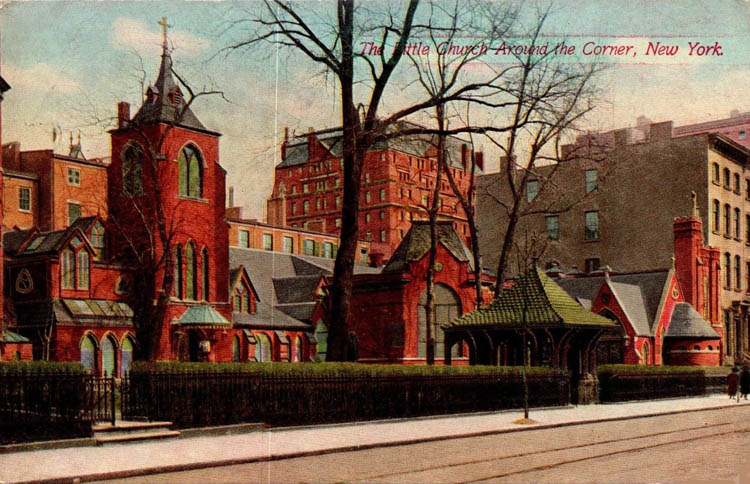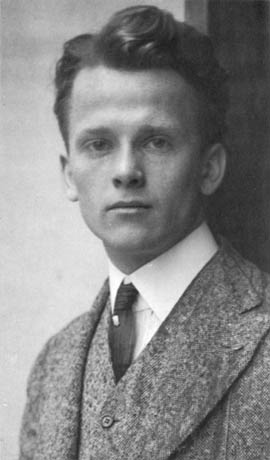- "Name? said he
crisply to the first man.
- "Myers - Harry M."
- "Myers?"
- "Yes - Mayers. M-y-e-r-s."
- "How do you spell that?"
- 'M-y-e-r-s, Myers. Harry
M. Myers."
- "All right Myers. What's
the first name?"
- "Harry. Harry Myers.
H-a-r-r-y."
- "H-a-a-rr - Oh yes,
Harry."
- "Middle initial please?"
- "M. Harry M. Myers."
- "Harry H. Myers?"
- "NO! My name is Harry
- H-a-r-r-y M. Myers - M-y-e-r-s."
- "Wait a minute- was
that M-y-e-r-s - just one m?"
- " One m, one y, one
e, one r, one s. As in Myers."
- "All right. Sign here.
Number 476."
|
